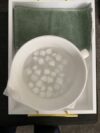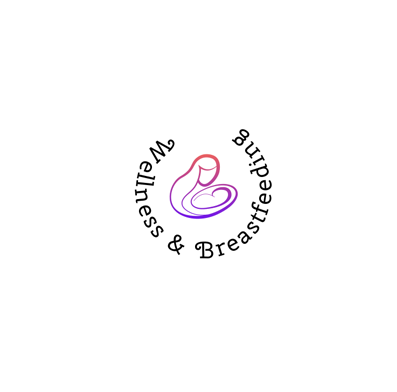Engorgement is an over-full feeling in your breasts that may happen a few days
after your baby is born as your milk volume increases.
Your breasts may feel warm,
full and firm. It is important to reduce the swelling and keep your milk flowing.
Keep your baby skin-to-skin as much as possible in the first several days after
birth
Breastfeed every 2-3 hours, around the clock
Express some milk before latching the baby to soften your areolas
If your areolas are firm and difficult for baby to latch, use Reverse Pressure Softening (RPS)
RPS- your fingers pressing back on the areola at the base of the nipple to make
it easier for your baby to latch
Use warm,wet compresses on the breasts for 5 minutes before each feeding
Use cold,wet compresses (bags of frozen vegetables wrapped in a cotton towel)
for 10-20 minutes after feedings
Cold, green cabbage leaves applied to the breast, can be helpful to decrease swelling

Wear a supportive bra (No underwire)
Avoid using bottles, pacifiers or supplements.
Watch for symptoms of a breast infection (redness, fever, inflammation)
Leaving your breasts engorged can cause your supply to decrease and puts you at
risk for plugged ducts or a breast infection.
Empty the breasts completely and regularly can decrease the chances of breast
engorgement and ensure a good milk supply.
Normal breast fullness will usually
decrease in a day or so with frequent breastfeeding



Give a Reply